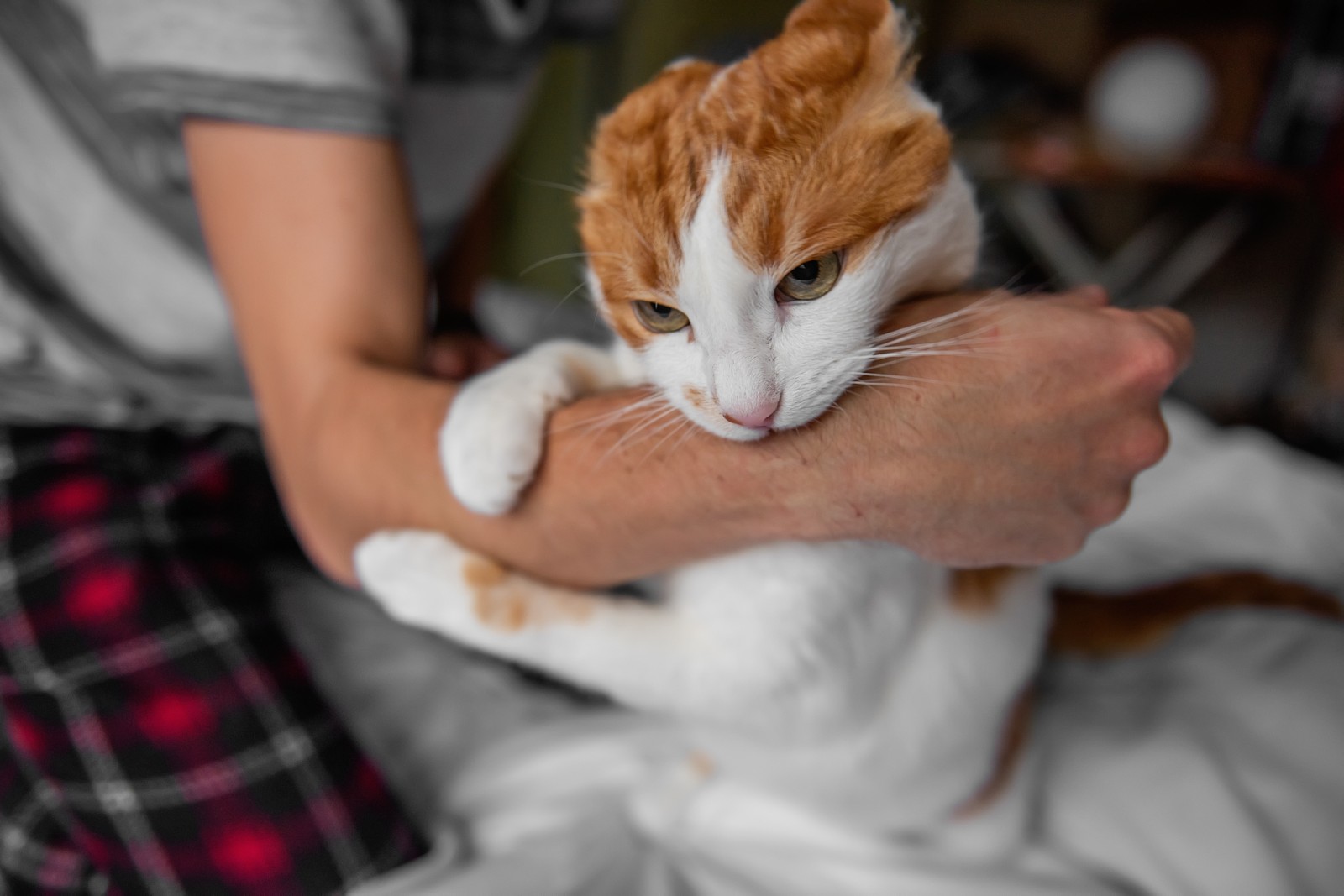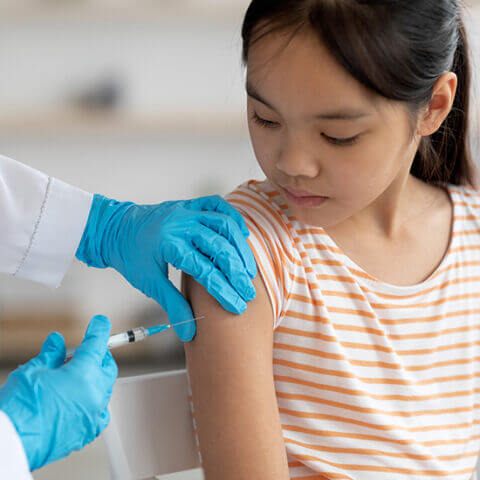If there is a disease that strikes fear into the hearts of many pet owners, it is rabies. Rabies is a severe viral infection that is responsible for the deaths of domesticated animals. The virus attacks your pet’s central nervous system, spreading to its brain and spine, enabling it to affect behavior and movement. While the virus can take up to a month to develop, once symptoms begin the condition will progress rapidly and in almost all cases will be fatal.
It is crucial to know that it is not just your pet’s life that is at risk if it contracts rabies. The virus has zoonotic properties, enabling it to be spread to humans where it is just as deadly. A bite or even a scratch of an animal can transmit this virus to humans, which can put you and your pet’s life in danger.
Fur parents need to be extra vigilant in protecting themselves and their pets. Protecting ourselves from rabies starts with knowing and understanding the different ways in which it can be contracted. While pets provide us with companionship and comfort and are undoubtedly therapeutic, unfortunately, they also have the potential to pose a threat to our health.
People are usually bitten by pets because: a) they do not know how to approach pets, b) they are noisy around pets, c) they touch and move the pet’s food, d) they unintentionally hurt the pet (i.e. stepping on them), and e) they do not ask permission from the owner to touch the pet. These things should be avoided to foster a safe playtime with pets.
Another way to protect yourself and your loved ones from rabies is by observing the animal’s behavior. An animal is potentially contaminated with rabies when it a) shows aggression, b) has difficulty walking, and c) has excessive salivating. You should watch out for these signs before handling any pet.
In the event that you get bitten by a pet, whether it exhibits any symptoms of rabies or not, administer first aid immediately. Wash the wound with soap and water and gently press a clean cloth over the wound to stop the flow of blood. You can call Maxicare’s Teleconsult hotline to get your recommendation for vaccination.
If you suspect possible exposure to rabies, or if the wound is severe, seek medical help immediately. You need to get your first vaccine shot within 24 hours after the exposure.
As a Maxicare member, you are entitled to unlimited consultations and lab tests at any Primary Care Clinic. Member benefits include HomeCare medical procedures and Videoconsult with a doctor anytime, anywhere via the Doctor Anywhere app.
Source: Department of Health. National Rabies Prevention and Control Program. Manual of Procedures (2019). Accessed 12 December 2022. Available at: https://doh.gov.ph/sites/default/files/publications/Rabies%20Manual_MOP_2019%20nov28.pdf











